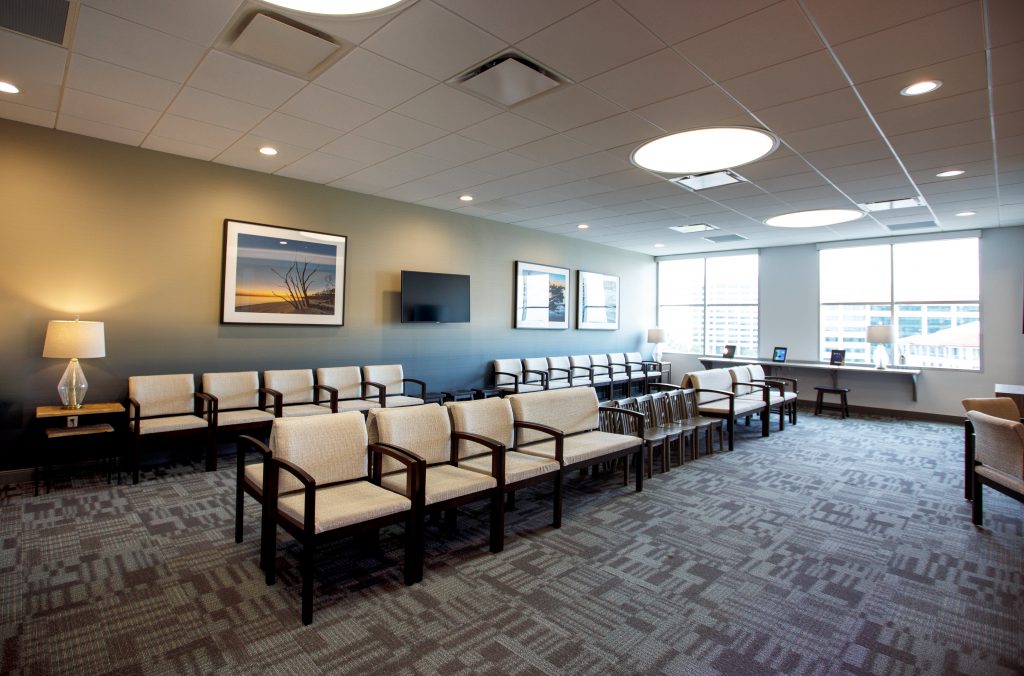Adult & Pediatric Eye Doctors in Riverside Jacksonville
Pediatric Eye Consultants of North Florida
Why do I need a Pediatric Ophthalmologist?
Children are not just small adults. They present with unique problems and require distinct management and treatment. Visual development progresses until approximately the age of 8, emphasizing the critical need for early diagnosis of ocular diseases to prevent irreversible visual impairments. Even seemingly minor or asymptomatic conditions can lead to permanent vision loss. Consider the multitude of skills toddlers are mastering—habits formed during this crucial period, such as favoring one eye or using one eye at a time, can become entrenched and irreversible. Beyond a certain age, the ability to develop stereopsis cannot be regained.
Regrettably, many adults live without perfect vision or depth perception due to missed diagnoses and delayed treatment. Fortunately, we have screening techniques that can detect these risk factors early, underscoring the importance of prompt intervention by skilled and experienced examiners. Communicating effectively with children demands specialized skills, training, and abundant patience and adaptability.
At Pediatric Eye Consultants of North Florida, we’ve tailored our office environment and trained our staff to create a welcoming and enjoyable atmosphere for children. We are adept at working with non-verbal children, those with developmental delays, and individuals with physical or sensory impairments. Each child receives individualized attention and care, tailored to their unique needs and concerns.
Pediatric Ophthalmologists constitute a select and specialized group of physicians. With fewer than 1000 active members in the United States, the American Academy of Pediatric Ophthalmology and Strabismus (AAPOS) recognizes the rigorous training and dedication required for membership. To be an active member, one must complete one or two additional years of approved fellowship training following a three-year residency in comprehensive ophthalmology. Certified by the American Board of Ophthalmology, members must dedicate at least 75% of their practice to children and adults with strabismus. We are dedicated to the care of children and adult strabismus patients. It is what we do every day, all day.
I’m an Adult Why do I need a Pediatric Ophthalmologist?
Children grow into adults. Many ocular disorders of childhood persist or return in adulthood. These patients are best served by utilizing the skills of a Pediatric Ophthalmologist. Patients with a history of strabismus (crossed or wandering eye) or amblyopia (one eye with poor vision) may continue to experience problems as they age. Pediatric Ophthalmologists specialize in disorders of ocular motility and can offer both surgical and non-surgical treatment options.
Even if surgery was performed in childhood, there may be available options for attaining ocular alignment. Adults who develop double vision, or ocular misalignment later in life should be evaluated by a Pediatric Ophthalmologist in order to determine their underlying diagnosis. Many acquired motility disorders are associated with systemic conditions such as stroke, autoimmune disease, thyroid dysfunction and cancer. Expertise in motility patterns is required to properly evaluate and manage such patients.
© 2025 Pediatric Eye Consultants of North Florida. All rights reserved. | Privacy & Terms of Use

